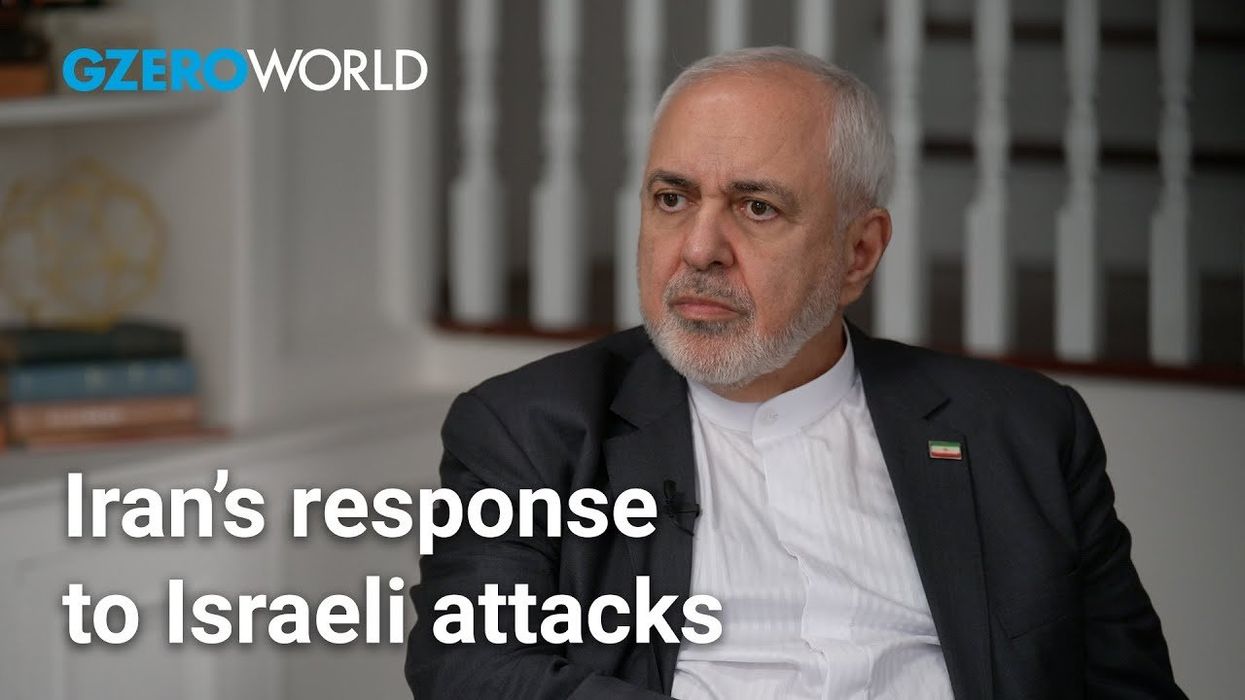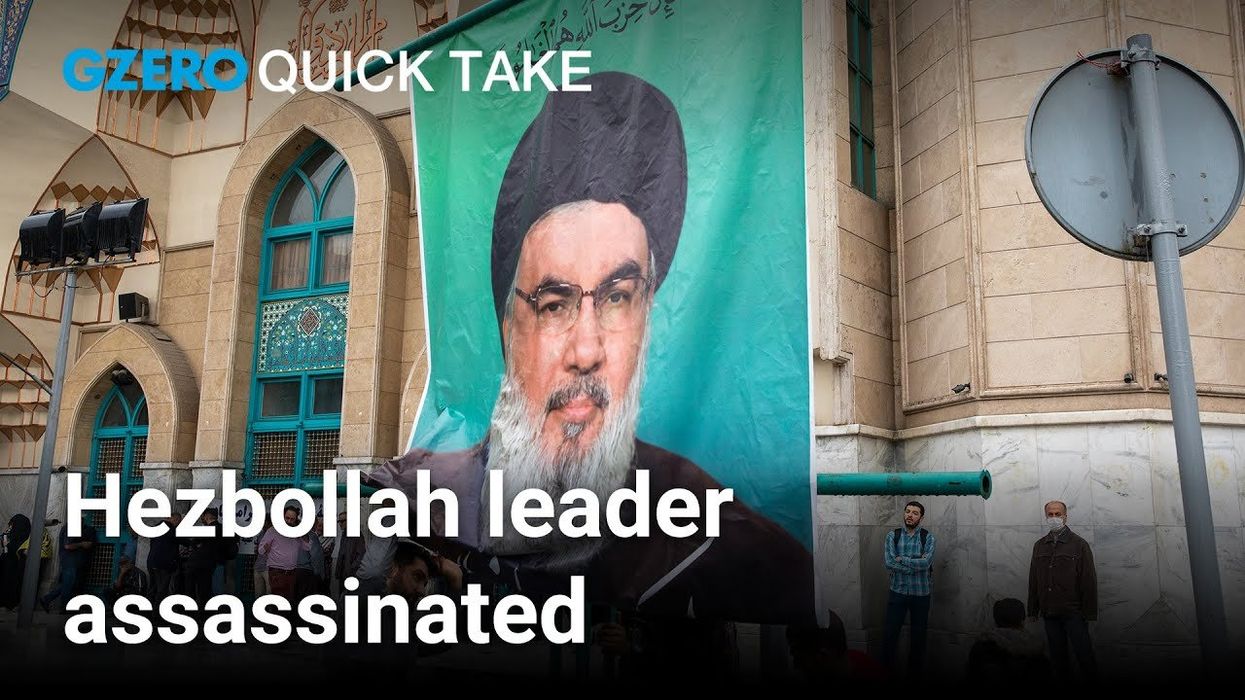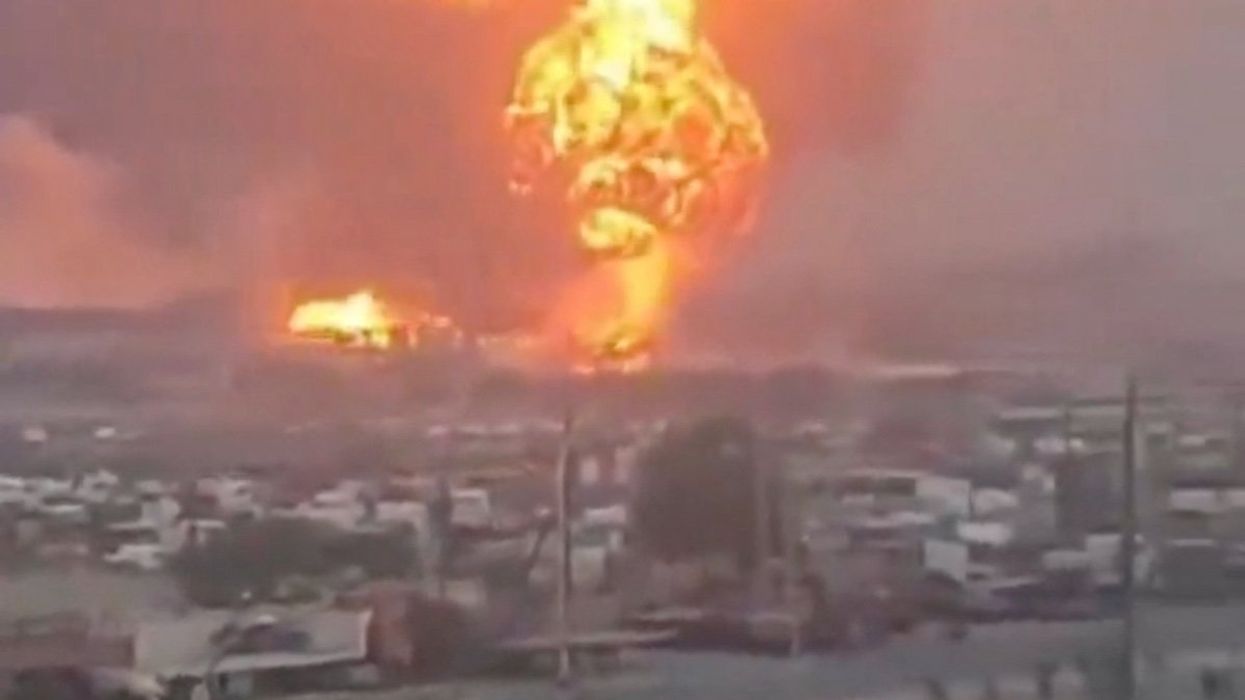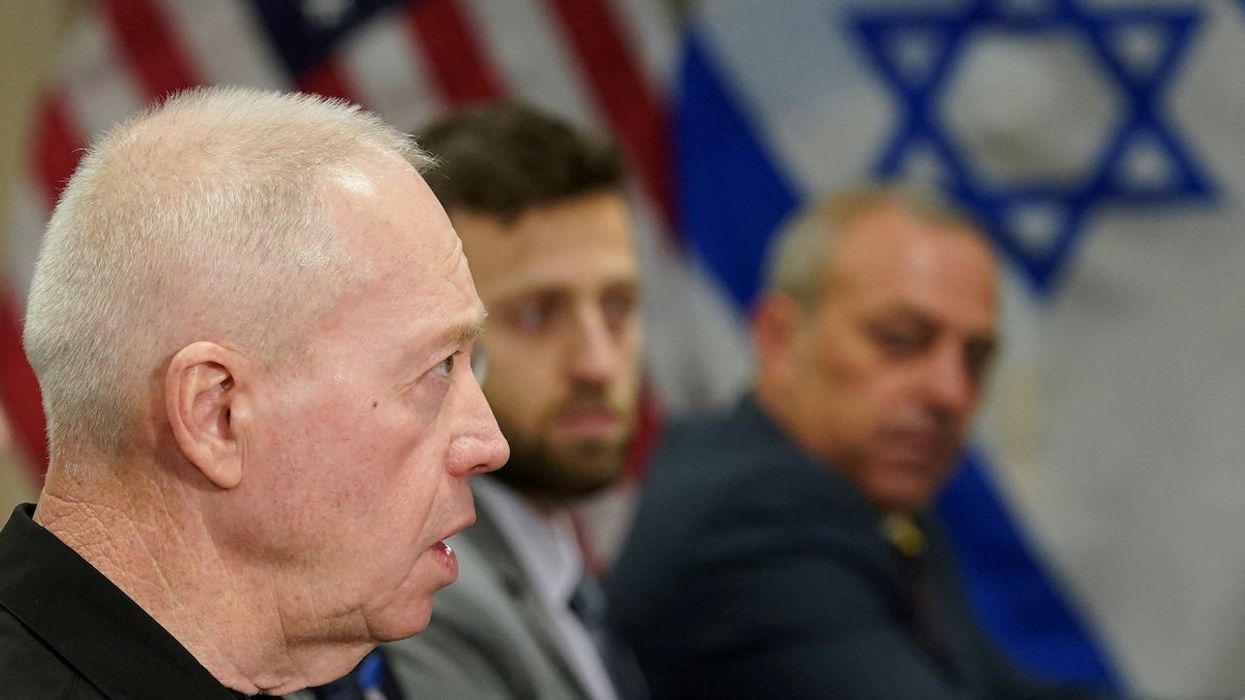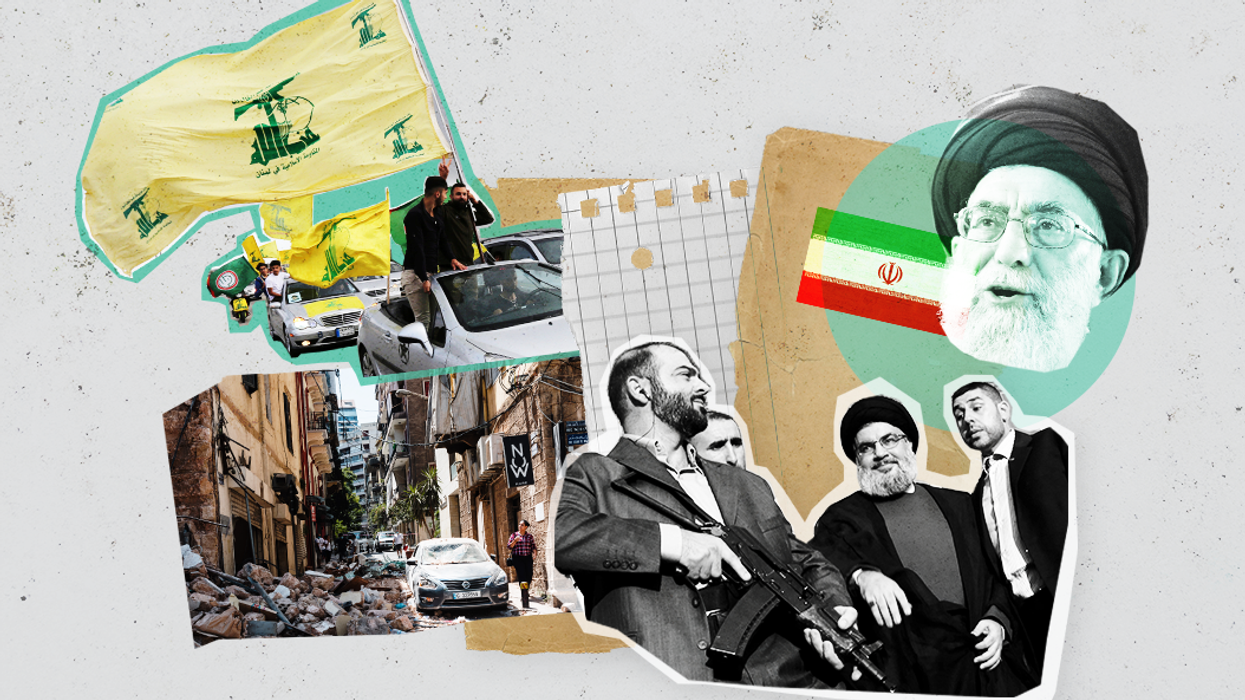GZERO World Clips
Iran's right to self-defense: VP Mohammad Javad Zarif
Is the shadow war between Israel and Iran officially out in the open? On GZERO World, Ian Bremmer spoke with Iran’s Vice President of Strategic Affairs Mohammad Javad Zarif on September 25, days before Nasrallah’s assassination and Iran’s missile response. Zarif, who served as Iran’s foreign minister until 2021, made it clear that Tehran had a right to defend itself and warned Iran could respond to Israel at any time.
Oct 01, 2024
